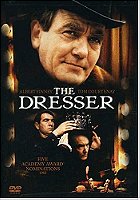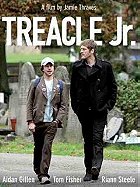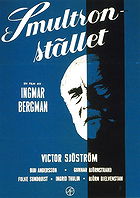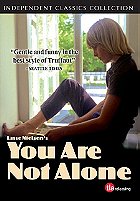The tagline of this movie, "Everything seemed perfect... Everything would change" is grossly inaccurate, as the group in question is not a happy family. Katie and Bill (Maria Bello and Michael Sheen) are trapped in a failing marriage to the point of sleeping in separate beds, while college student Sam (Kyle Gallner) is suicidally depressed and can barely contain his tears as he talks to his parents by phone, as it turns out, for the last time.
"Beautiful Boy"'s shooter does not seem to be a psychopath, as "We Need to Talk About Kevin"'s promos show their angry young man to be. Rather, he seems to be a deeply unhappy person who irrationally, not only wants to die, but wants to take some people with him.
Frankly, I don't agree with the film's statement that 'it's nobody's fault.' Except in some rare cases, people are to some degree responsible for their own actions. If you say it is in no way the shooter's fault, you're taking away his role as perpetrator. Should we say the same for rapists? Pedophiles? If you don't consider the kid a monster, fine (nor do I,) but give me something here. Paired with the son's seemingly average home life, this makes the film's act of violence rather puzzling.
What really stands out is the acting- Maria Bello, primarily, but also Michael Sheen, Kyle Gallner, and Alan Tudyk (from the great series "Firefly") as the concerned brother. The peculiarly named Moon Bloodgood and Meat Loaf are decent too, though not notably so.
Some of "Beautiful Boy" reminded me of Todd Fields' "In The Bedroom,"- the guilt, the blame-placing, and the grief, without the relentless grimness of Fields' film. One plus is the minimal use of music to make a point, which is always applied with buzz kill in mainstream American films.
"Beautiful Boy" is an emotional film (try to watch the scene where the parents receive the news without your lip a-quivering,) and excellently acted, but a certain something from being an 'unforgettable film.' It may be the sentimentality or naivete placed deep within the script, or the fact that, although there are many characters to care about, there are none who blow you away. I'm interested to see what "We Need to Talk About Kevin" does with the subject matter, and whether it surpasses this in content or style.

 Login
Login
 Home
Home 127 Lists
127 Lists 162 Reviews
162 Reviews Collections
Collections
 0 comments,
0 comments, 
















